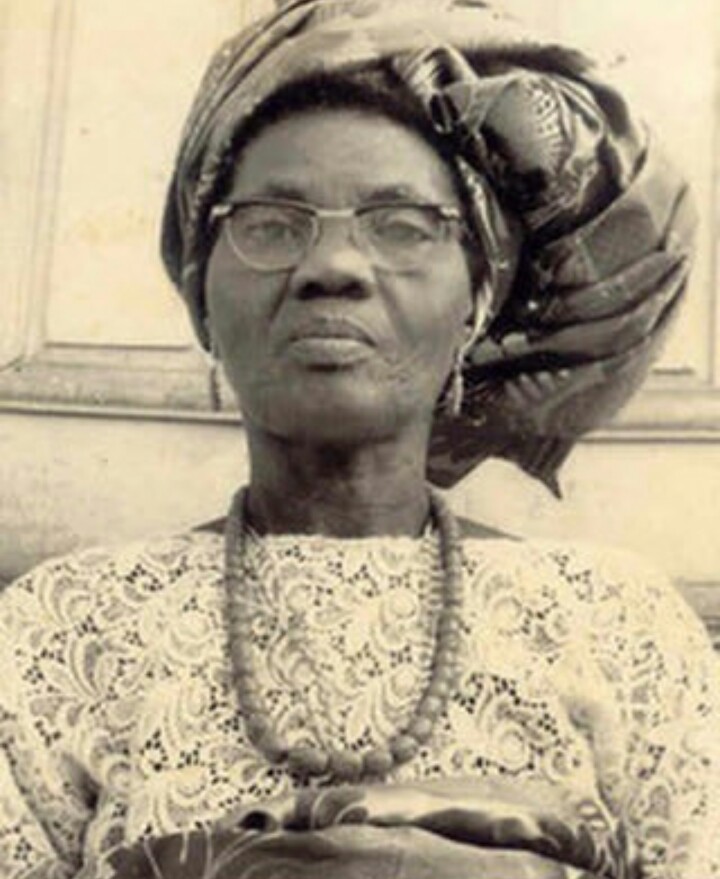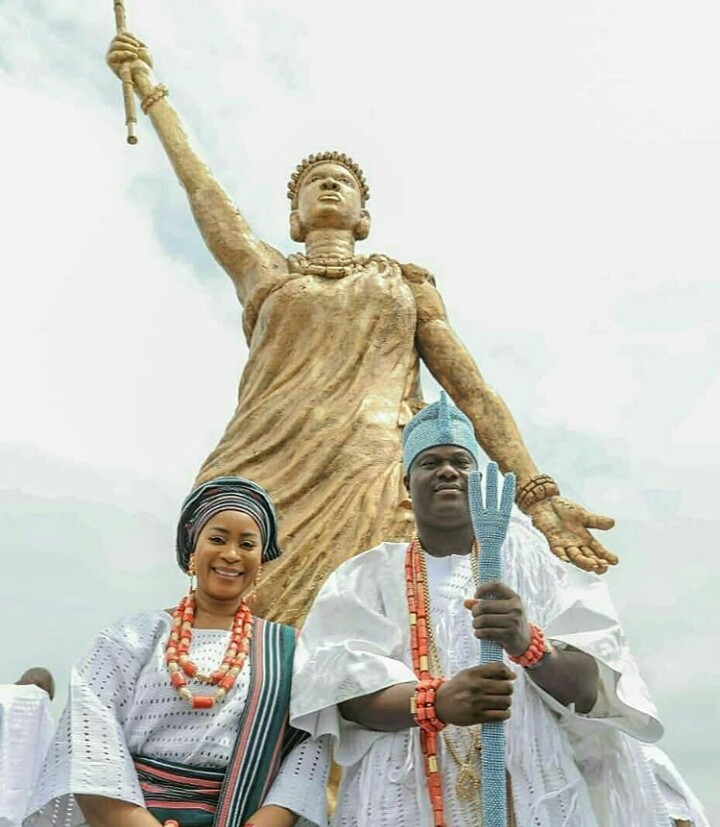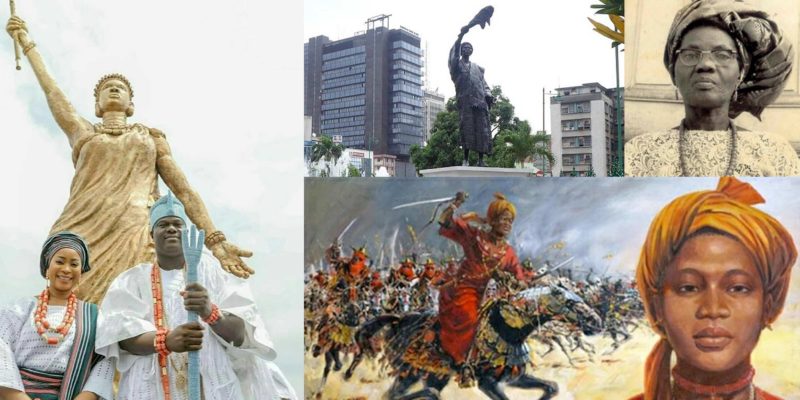As International Women’s Day draws closer, many around the world are celebrating women in special ways. Women have always been the pillars of every society, and it’s a no-brainer that we should be honored. And not only on International Women’s Day – but everyday.
In the spirit of celebrations, we are spotlighting some iconic Nigerian women in history who had a great impact on society in their time, and whose influence is still felt even today.

Queen Amina of Zaria
She was the first woman to become the queen in a male-dominated society. She expanded the territory of the Hausa people to it’s largest borders in history. Her leadership was in pre-colonial Nigeria, an era where men did not feel threatened when women were in powerful positions. She refused to get married and instead took a temporary husband from the region of vanquished foes after every battle. It is reported that, she died in 1610, during a military campaign at Atagara near Bida in Nigeria.

Funmilayo Ransom- Kuti
She is popularly known as the first woman to ever drive a car in Nigeria, however; that is not all she achieved in life. Funmilayo was born in Abeokuta in 1990 to a slave returnee father. She received western education up to secondary school before pursuing further studies in England.
She emphasized the need for unity between elite women and the market women of the town, for whom she organized night schooling through a ‘ladies club’ that she established. She also constantly spurred women to protest against colonial taxation and other unfavorable policies. Due to her political activism, she became the only woman to hold an executive position in political office during her era.
In 1978, Ransome-Kuti was thrown from a third-floor window of her son Fela‘s compound, a commune known as the Kalakuta Republic, when it was stormed by one thousand armed military personnel. She lapsed into a coma in February of that year, and died on April 13th 1978, as a result of her injuries.

Queen Moremi
Moremi Ajasoro, Princess of the Yoruba, was a figure of high significance in the history of the Yoruba people. She was a member-by-marriage of the royal family of Emperor Oduduwa, the tribe’s fabled founding father.
Moremi who lived in the 12th century, hailed from Offa, and was married to the then king of Ile Ife, a kingdom that is said to have been at war with an adjoining tribe who were known to them as the Forest people (Ìgbò in the Yoruba language, though the said tribe is believed by scholars to have had no relation to the contemporary Ìgbòs of modern Nigeria). Scores of Ife citizens were being enslaved by these people, and because of this they were generally regarded with disdain by the Yoruba city-states.
Moremi was a very brave and beautiful woman who, in order to deal with the problem facing her people, offered her only son in sacrifice to the Spirit of the river Esimirin so that she could discover the strength of her nation’s enemies.
She is said to have been taken as a slave by the Igbo and, due to her beauty, married their ruler as his anointed queen. After familiarizing herself with the secrets of her new husband’s army, she escaped to Ile-Ife and revealed this to the Yorubas who were able to subsequently defeat them in battle.
Following the war she returned to her first husband, King Oramiyan of Ife (and later Oyo), who immediately had her re-instated as his Princess Consort. In order to fulfil the pledge she made to Esimirin before embarking on her mission, her son Olurogbo was given in sacrifice to the Spirit because this is what it asked her for when she returned to its shrine.
The Edi Festival is said to have then been started as a means of celebrating the sacrifice the princess made for the people of Yorubaland. Furthermore, a number of public places are named after her in contemporary Nigeria, such as the female residence halls at the University of Lagos and Obafemi Awolowo University.
In 2017, Oba Ogunwusi, the Ooni of Ile Ife, Osun State, erected a statue of Moremi in his palace. The statue is the tallest in Nigeria, displacing the previous holder of that record (a statue in Owerri, the Imo State capital). It is also the fourth tallest in Africa.
(Fun fact, Queenmoremi.com founder, Moremi Elekwachi, was named after her 🙂 )

